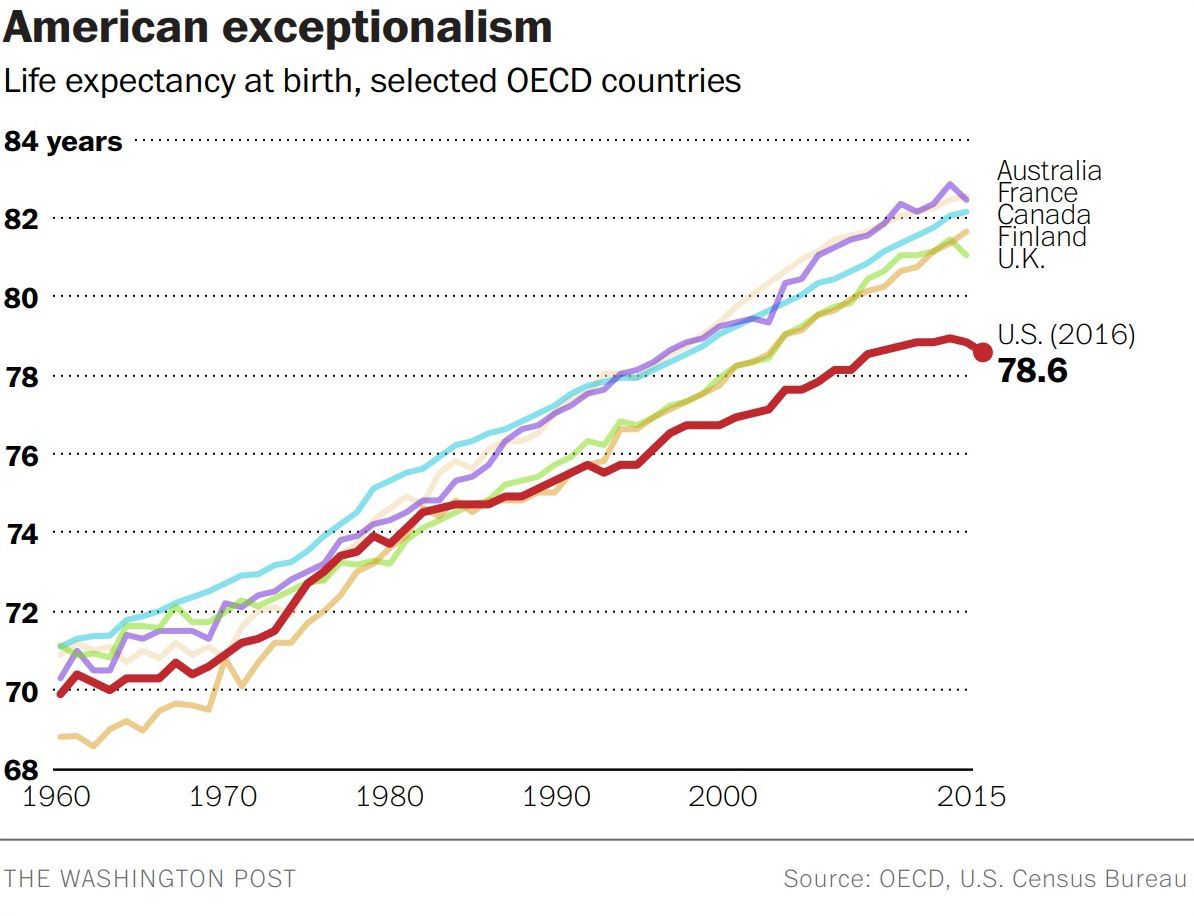‘We Need Nothing Less Than a World That Generates Health’.
 Public health practitioners bear “a collective responsibility and a unique opportunity to create a healthier world,” says Sandro Galea, dean and Robert A. Knox Professor at the School of Public Health.
Public health practitioners bear “a collective responsibility and a unique opportunity to create a healthier world,” says Sandro Galea, dean and Robert A. Knox Professor at the School of Public Health.
These are sentiments Galea advances through SPH’s mission every day, and on November 3 he shared them with an audience of over 6,000 people as the keynote speaker for the Opening General Session of the American Public Health Association (APHA) Annual Meeting and Expo, held at the Pennsylvania Convention Center in Philadelphia.
Now in its 147th year, the largest annual public health gathering in the world convened 13,000 of the field’s researchers, educators, students, and more from November 2-6, to rally under the theme “Creating the healthiest nation. For science. For action. For health.”
Following opening remarks by Robert Redfield, director of the Centers for Disease Control and Prevention, Galea delivered a 20-minute speech in which he challenged each audience member to translate their research and knowledge into action to tackle critical, wide-spread health barriers such as racism and a lack of access to safe neighborhoods and affordable education, housing, nutritious food, and health care.
But he began with a note of optimism. “We are indeed living in a healthier world than ever before,” Galea said, citing less overall poverty and hunger, a greater pursuit of education, and higher life expectancies. “But that is not the full story.”
 Although people are living longer today—there are 800,000 fewer deaths in the US now than there were in the 1960s—when compared to other countries that perform well on health, such as Japan, the US has an excess of another 800,000 deaths, Galea said. “We are better than we once were, but we are nowhere near as good as we can be.”
Although people are living longer today—there are 800,000 fewer deaths in the US now than there were in the 1960s—when compared to other countries that perform well on health, such as Japan, the US has an excess of another 800,000 deaths, Galea said. “We are better than we once were, but we are nowhere near as good as we can be.”
Galea singled out entrenched racism, calling it “one of our country’s greatest sins” and illustrating how it has harmed health in the US for generations. “The consequences of slavery and material disadvantage have been felt by African Americans and racial minorities in this country for centuries,” he said.
He also acknowledged the incredible contributions of medical technology and medicine, but stressed that a total investment in discovery science is a detriment to the health of whole populations. “Prioritizing medicine and technology at the expense of population-level innovation does little to reverse the burden of disease that so disproportionately affects America,” he said.
The good, albeit frustrating, news? We already know how to improve the health of the public, he said: by improving the conditions that shape health.
He urged the audience to seize upon the “reasonable outrage” currently reverberating throughout the country, as people protest and demand federal action to combat racial and gender inequalities, climate change, poverty, and violence. “This is a moment of opportunity for all of us in this room,” Galea said.
He identified three forces that currently stand in the way of a healthier world: politics—how a polarized nation has prevented effective public policy through facts and research; science—how the science field has shifted its focus from population health to individual health; and the story—how health narratives focus on medicine, rather than public health.
 Galea also offered three clear-cut solutions to these challenges. In order to create a healthier world, he said, “we need to demand health, make our case, and tell the story of the public’s health.” We can demand health by supporting the industries and politicians who generate health, he said. In making the case for health, we need to make a moral case for health and “shift our values to align with the science,” he said, citing lack of action on gun reform.
Galea also offered three clear-cut solutions to these challenges. In order to create a healthier world, he said, “we need to demand health, make our case, and tell the story of the public’s health.” We can demand health by supporting the industries and politicians who generate health, he said. In making the case for health, we need to make a moral case for health and “shift our values to align with the science,” he said, citing lack of action on gun reform.
And how do we tell the story of public health? By way of example, Galea shared an analogy of health and soccer, his children’s favorite sport.
Consider the goalie to be medicine, he told the audience. “We all want a good goalie—a good doctor or nurse when we get sick. But we would rather not get sick to begin with. So we need the other 10 players to stay healthy.” Those players are gender equity, stable housing, good schools, social justice, and an end to racism: “We need nothing less than a world that generates health,” he said.
“That is the public’s health, and that is the story we must tell,” Galea concluded. “Because if we do not tell it, who else will?”